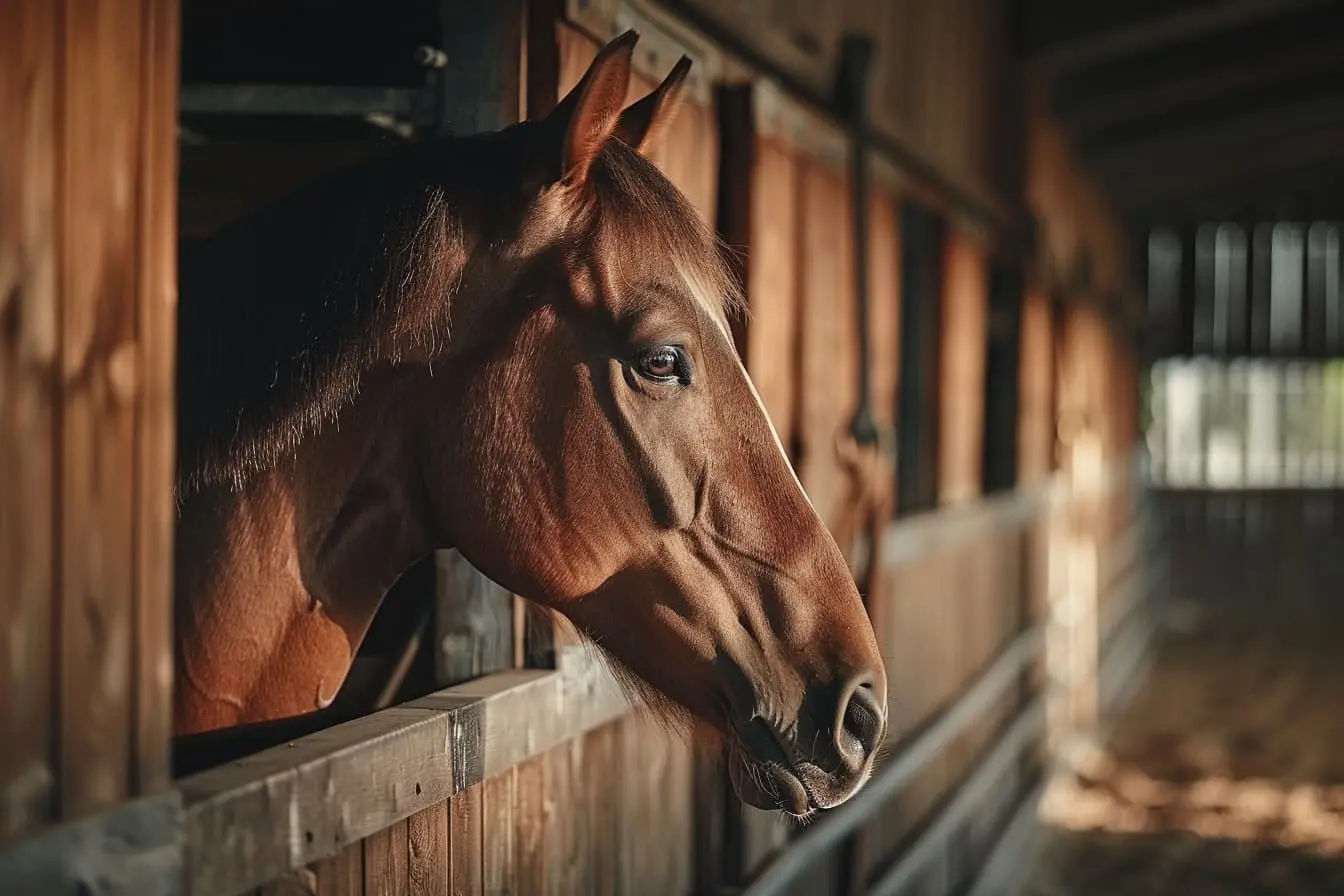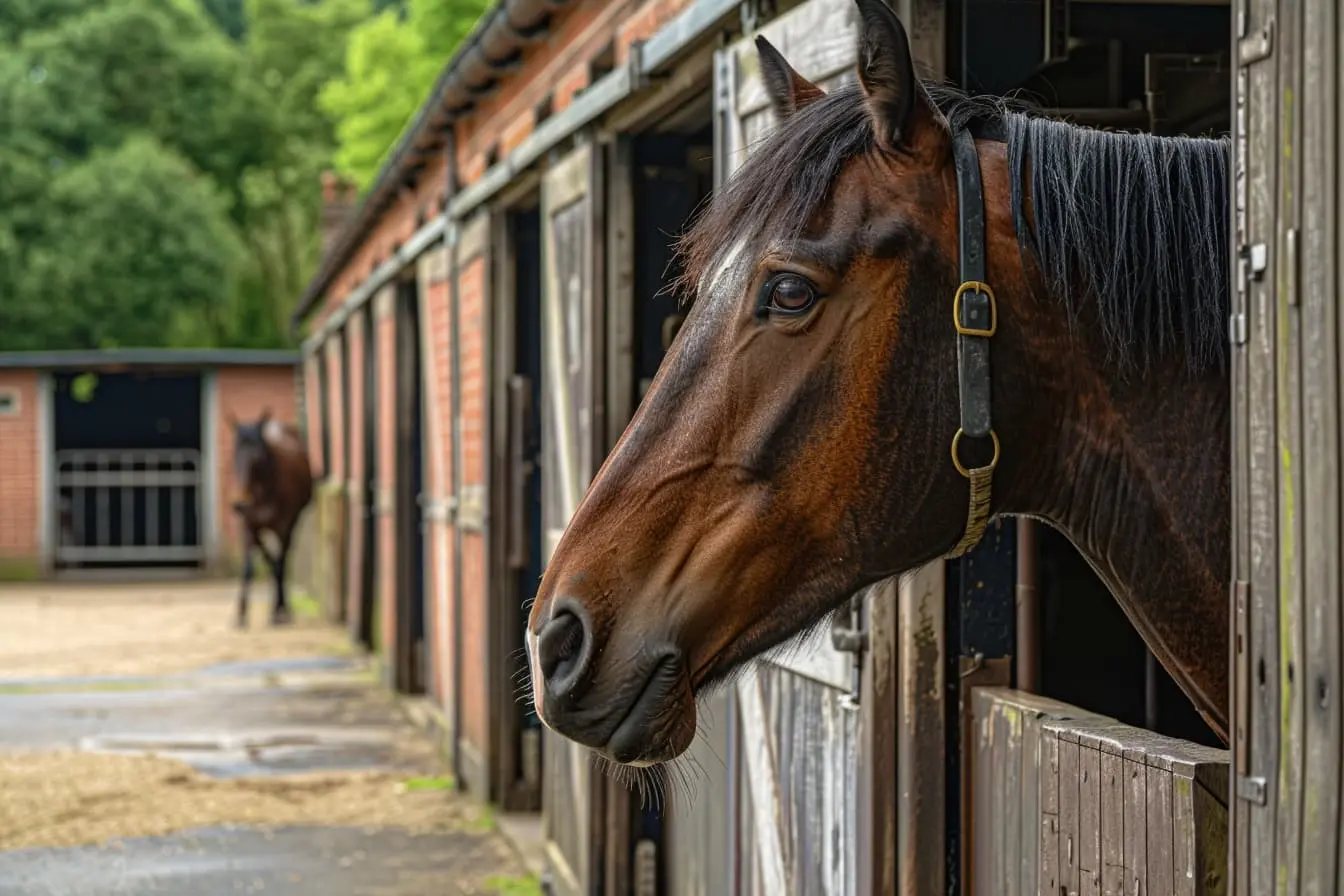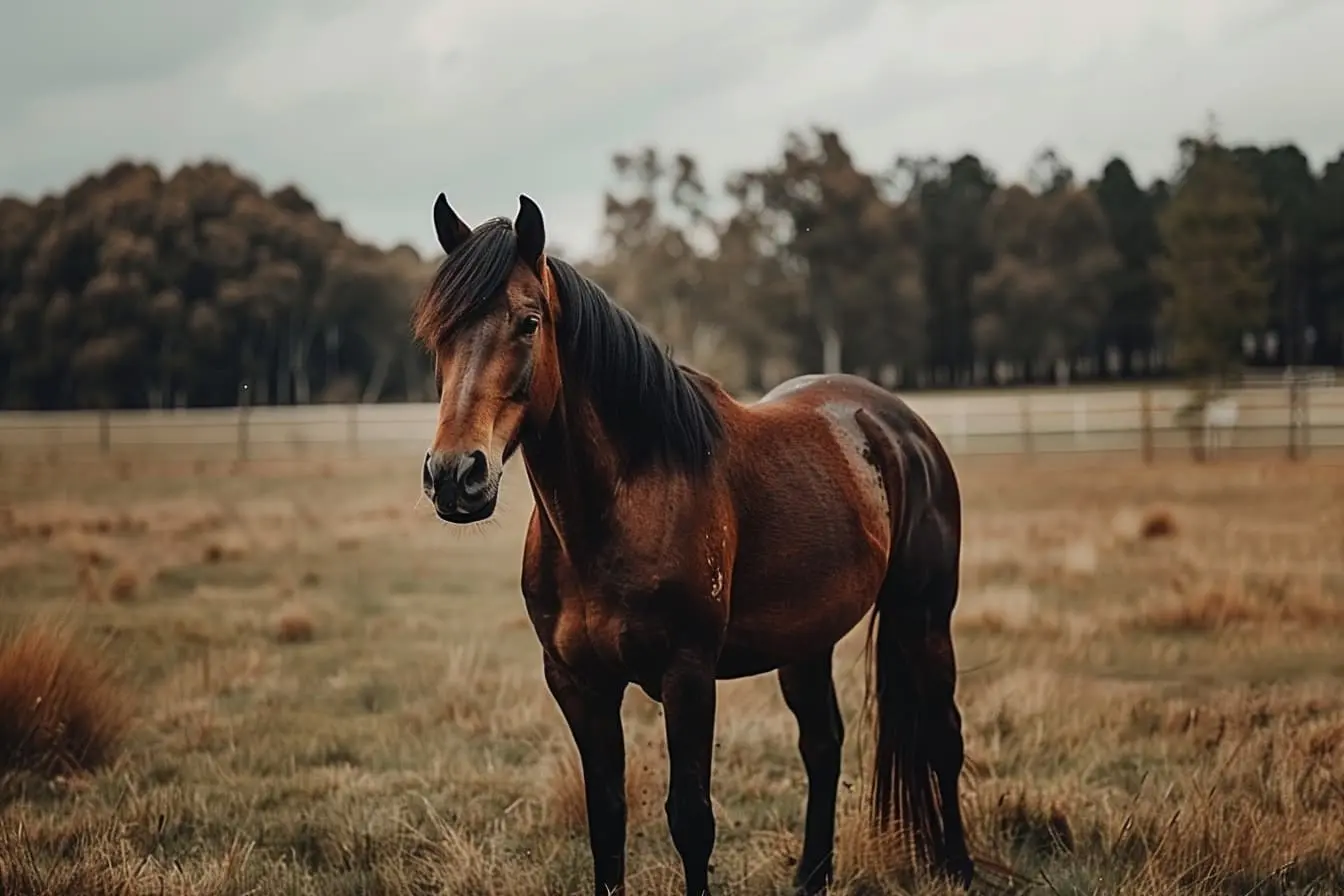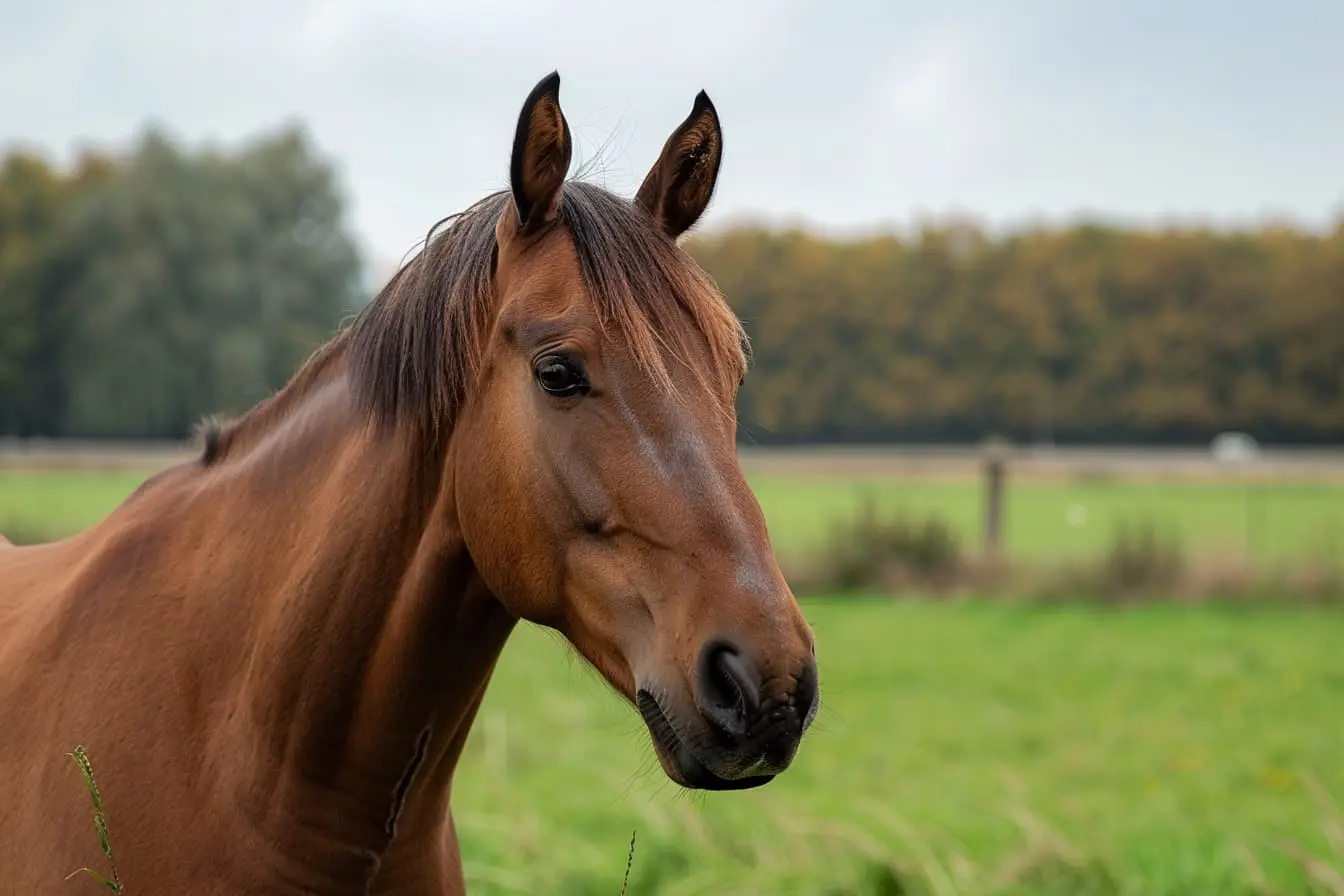
Navigating Veterinary Care: A New Horse Owner's Guide
Embarking on the journey of horse ownership is an exhilarating experience that brings joy and companionship. However, it also introduces the responsibility of ensuring your equine friend receives the best care possible, with routine veterinary care being a cornerstone of their overall health and well-being. Here's an essential guide to help new horse owners understand the importance of regular veterinary check-ups and what they entail.
Initial Health Assessment
Upon acquiring a new horse, the first step should be a comprehensive health check by a qualified equine veterinarian. This examination provides a baseline of your horse's health, identifies any immediate concerns, and sets the stage for a routine care plan. The assessment typically includes checking the horse's heart, lungs, teeth, weight, and overall condition, alongside discussing its vaccination history and parasite control.
Vaccinations
Vaccinations play a critical role in protecting your horse from various diseases. The exact vaccination schedule can vary depending on your horse's age, lifestyle, and the prevalent diseases in your region. Common vaccinations include Equine Influenza, Tetanus, Equine Herpesvirus, and others. Your vet will recommend a vaccination programme tailored to your horse's specific needs.
Parasite Control
Internal parasites can significantly impact a horse's health, leading to issues such as weight loss, poor coat condition, and colic. A strategic deworming schedule, based on faecal egg counts and the horse's exposure risk, is essential to manage the parasite burden effectively. Your vet can guide you on the most appropriate deworming protocol and products.
Dental Care
Equine dental care is not to be overlooked. Regular dental check-ups, at least once a year, ensure that your horse's teeth are in good condition, free from sharp edges that can cause discomfort or lead to feeding and behavioural problems. Advanced dental issues can also affect the horse's overall health, making routine dental examinations and care a necessity.
Nutrition and Weight Management
A significant part of routine veterinary care involves monitoring your horse's nutrition and weight. Your vet can offer invaluable advice on the best feeding practices to meet your horse's nutritional needs, taking into account its age, workload, and health status. Regular weight checks help in identifying any significant changes that could indicate health issues.
Lameness Evaluations
Given the amount of time horses spend on their feet, issues related to lameness can be a common concern. Routine check-ups include assessing the horse's gait and stance to identify any signs of discomfort or lameness. Early detection and treatment of such issues are crucial to prevent long-term problems.
Seasonal Care
Horses require different care approaches depending on the season. Your vet can provide tailored advice for managing your horse through the varying conditions of the year, from the challenges of winter feeding and housing to summer fly control and heat management.
Emergency Planning
Finally, while routine care aims to prevent emergencies, being prepared is essential. Discuss with your vet about an emergency plan, including signs to watch for and the steps to take in case of an urgent health issue.
In conclusion, establishing a regular veterinary care routine for your horse is fundamental to its health and happiness. Building a strong relationship with a trusted equine veterinarian ensures your horse receives the best preventive care, alongside timely interventions when necessary. Remember, proactive and informed care is the key to enjoying a long and fulfilling partnership with your equine companion.
Vets near you
Speciality vets
- Aquatics vet specialists
- Birds vet specialists
- Camelids vet specialists
- Cats vet specialists
- Cattle vet specialists
- Deer vet specialists
- Dogs vet specialists
- Equines vet specialists
- Exotic vet specialists
- Goats vet specialists
- Pigs vet specialists
- Poultry vet specialists
- Sheep vet specialists
- Small Mammals vet specialists
- Wild vet specialists
Vet facilities
- Accessible by public transport
- Blood testing
- Car park nearby
- Client car park
- Dentistry
- Diagnostic imaging
- Disabled public access
- Flea and worm treatments
- Microchipping
- Mobile services
- Neutering
- Open at weekends
- Out-of-hours service
- Referral interests
- Referrals only
- Street parking outside
- Toilets available
- Vaccinations



